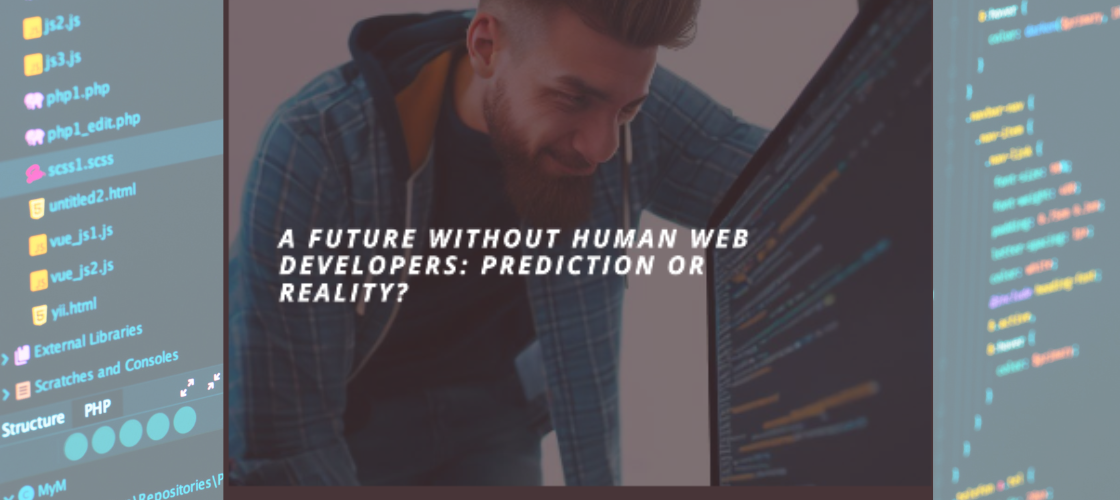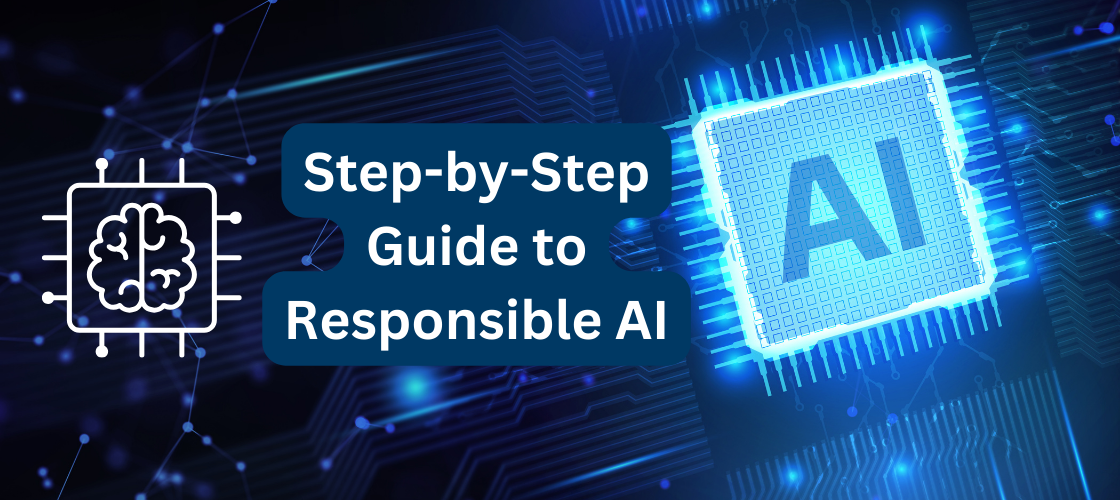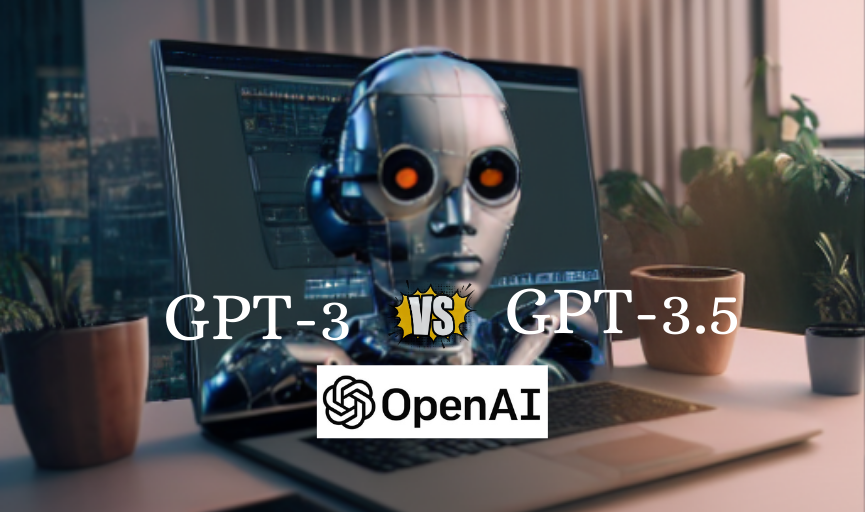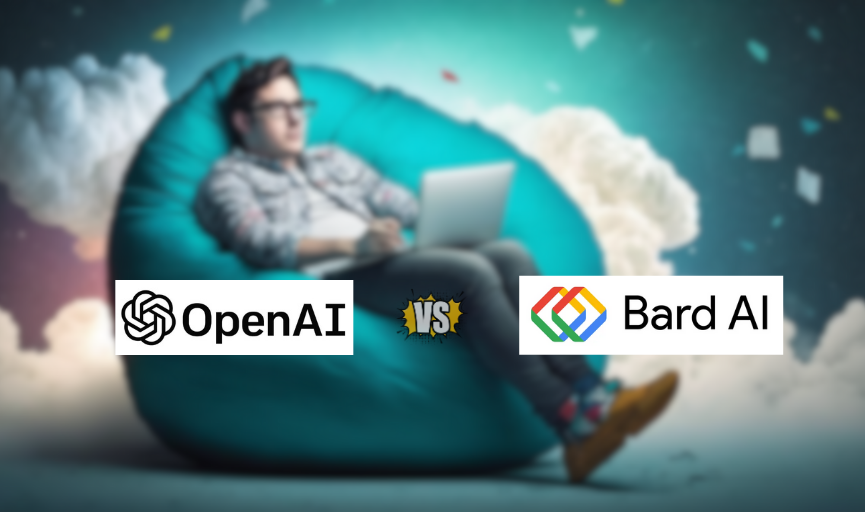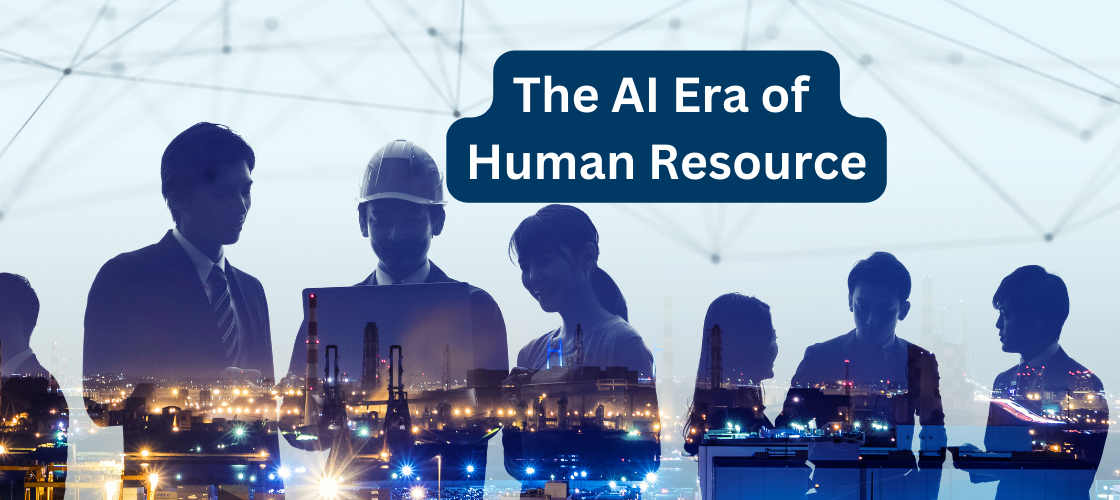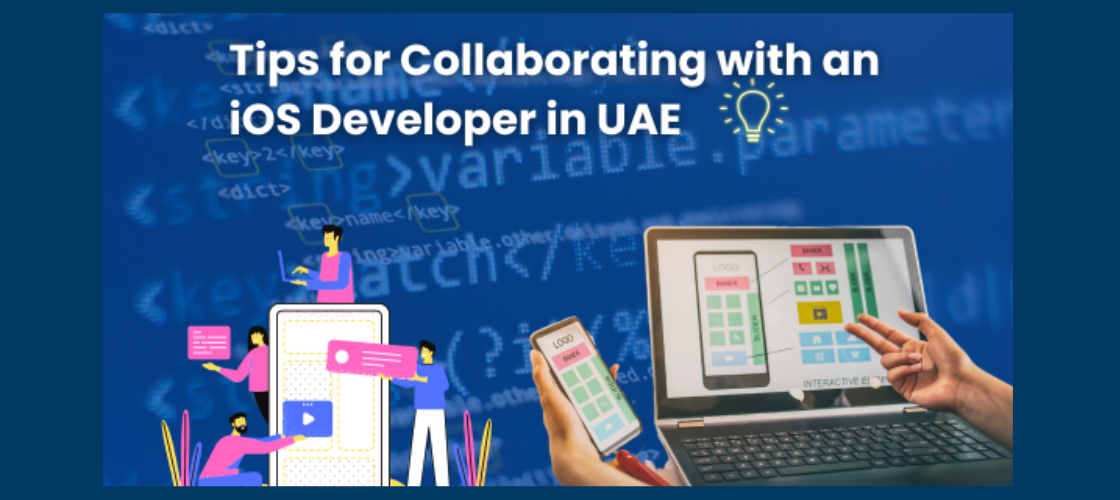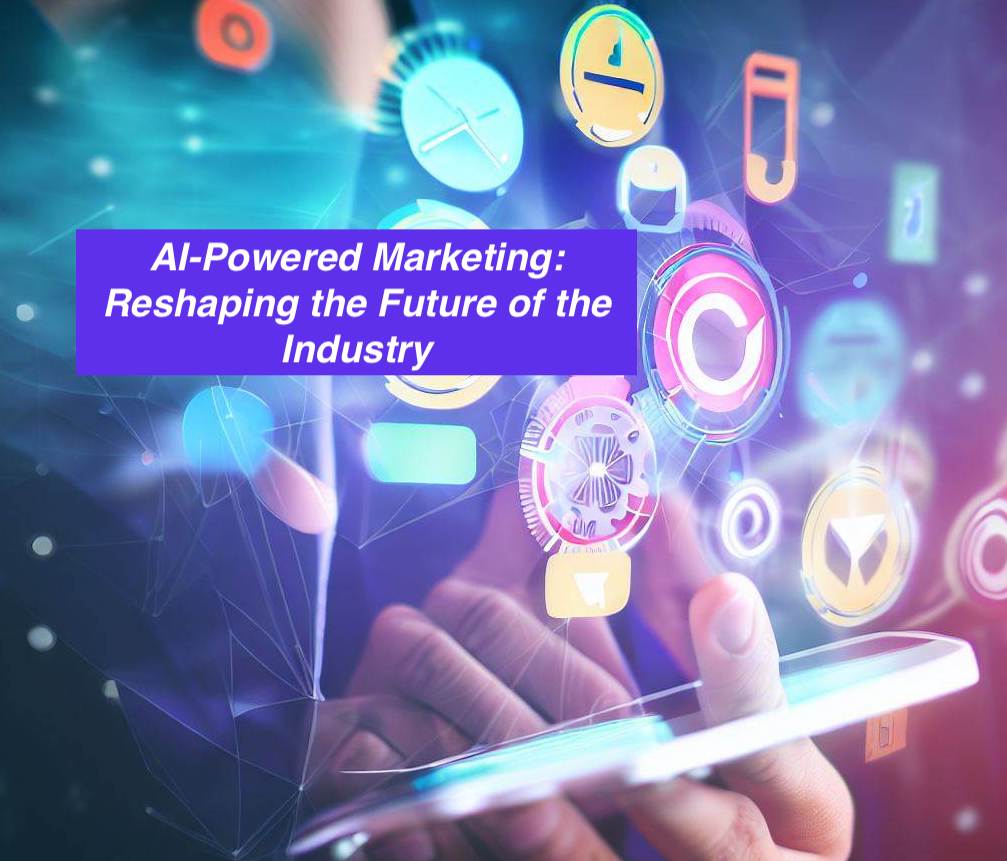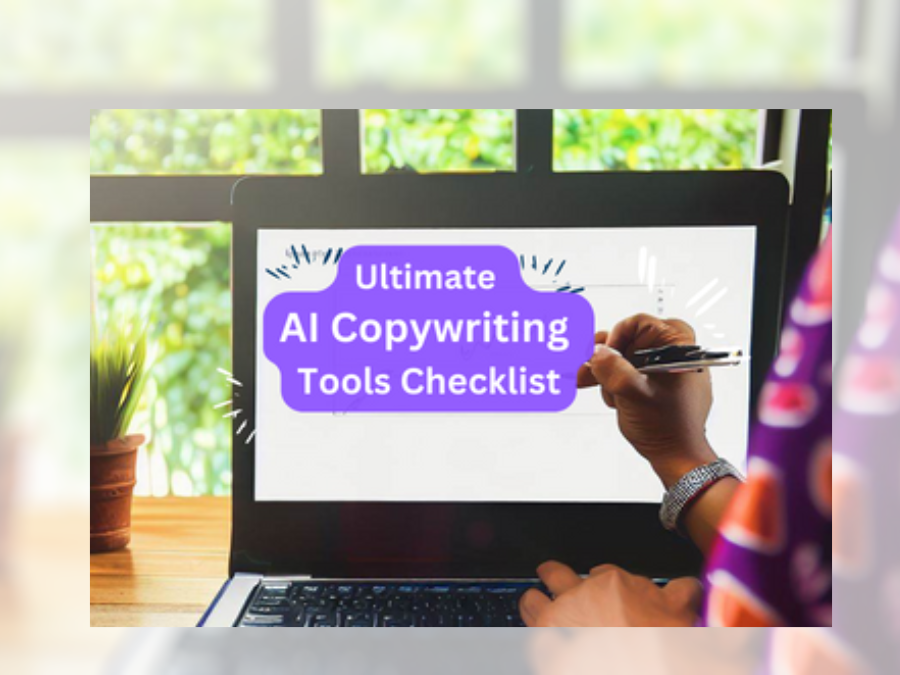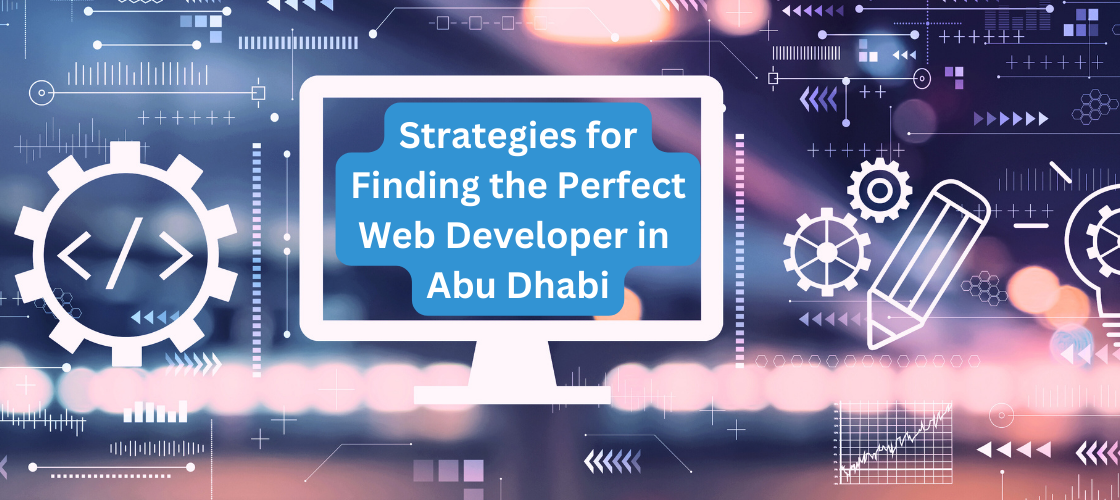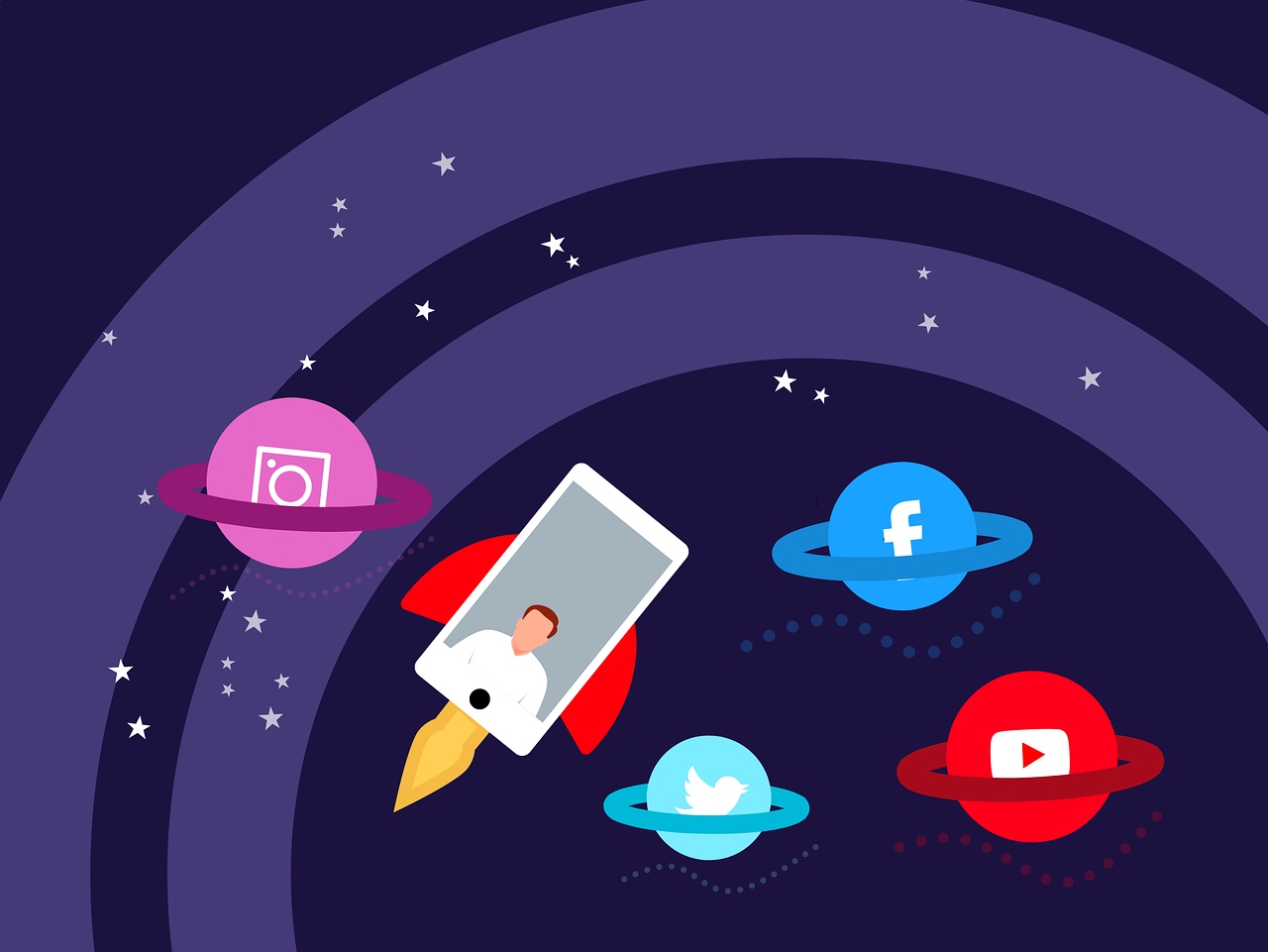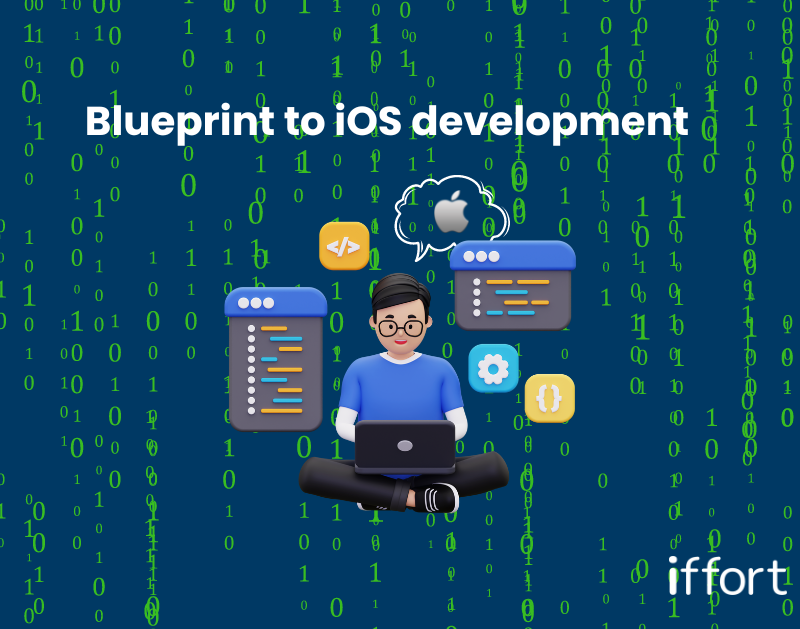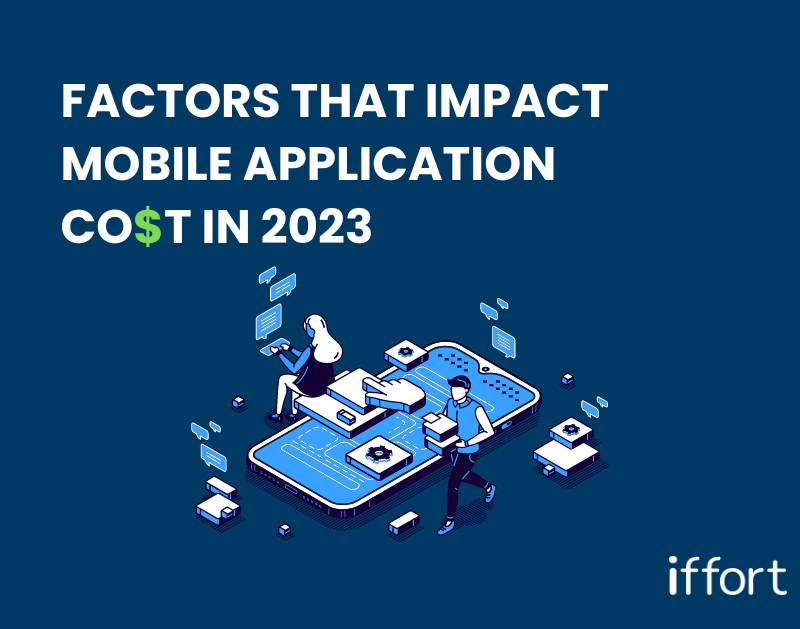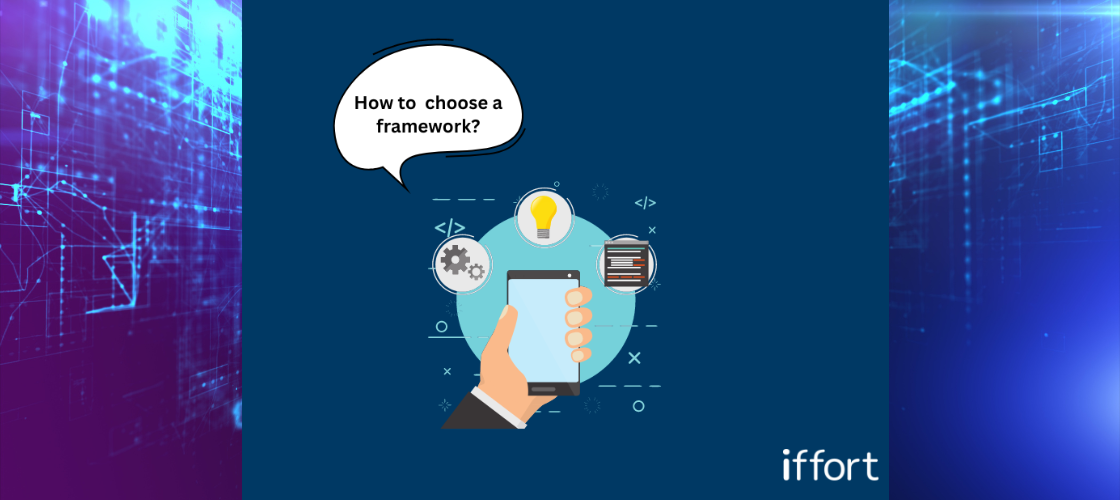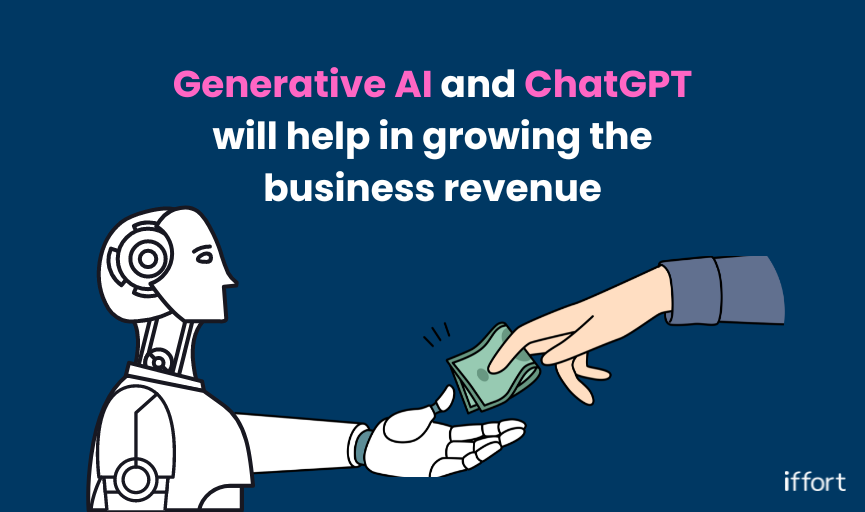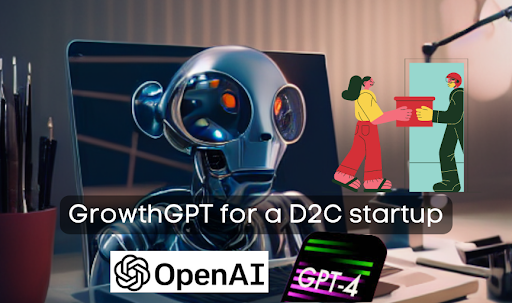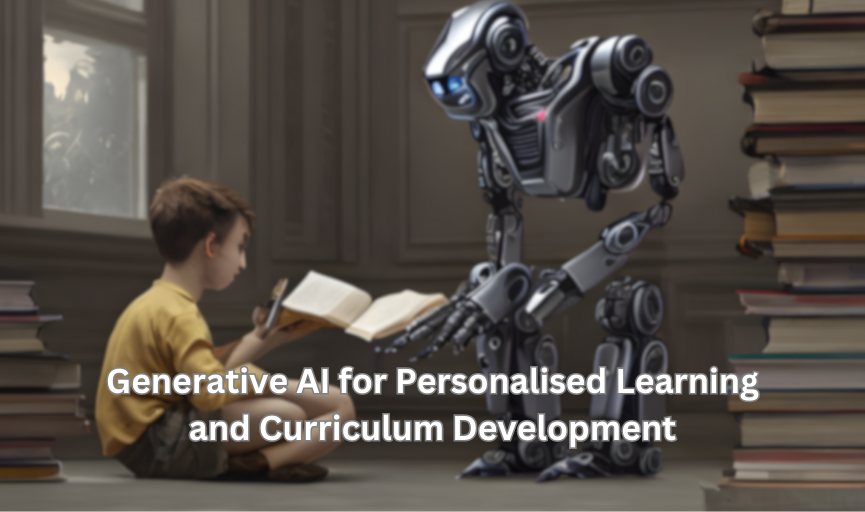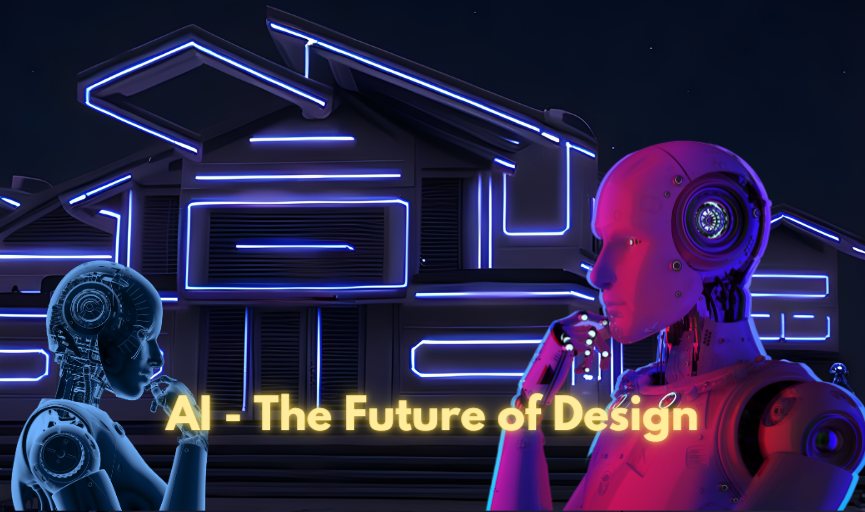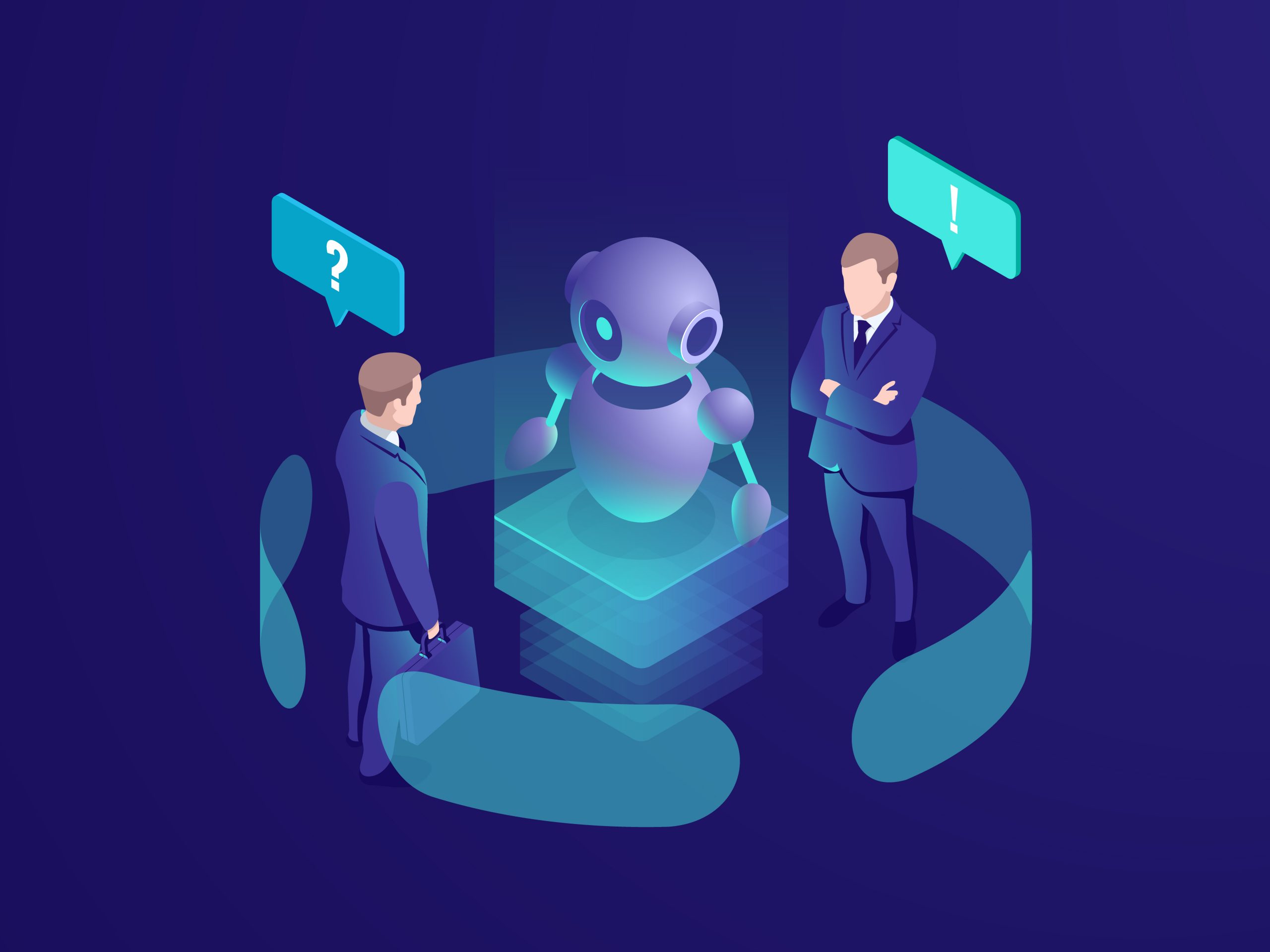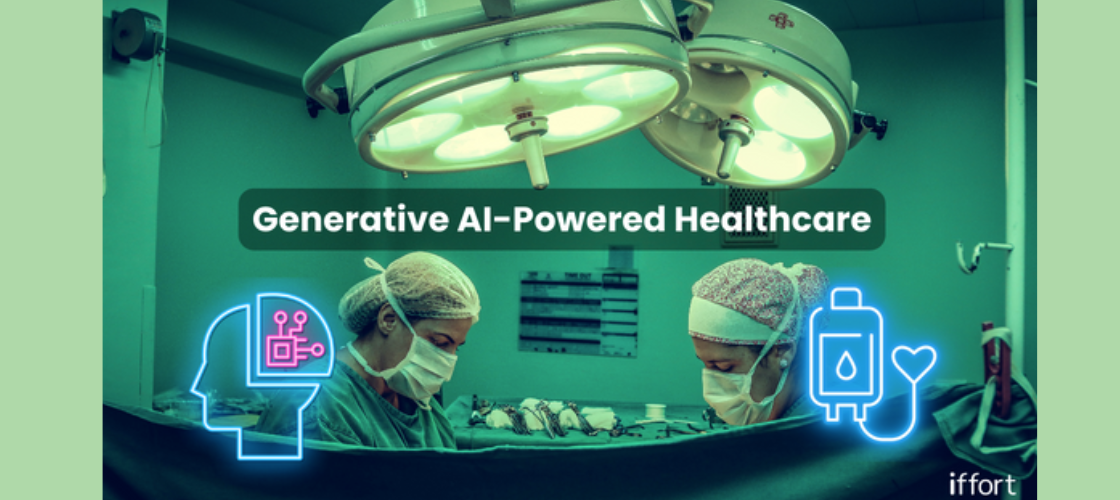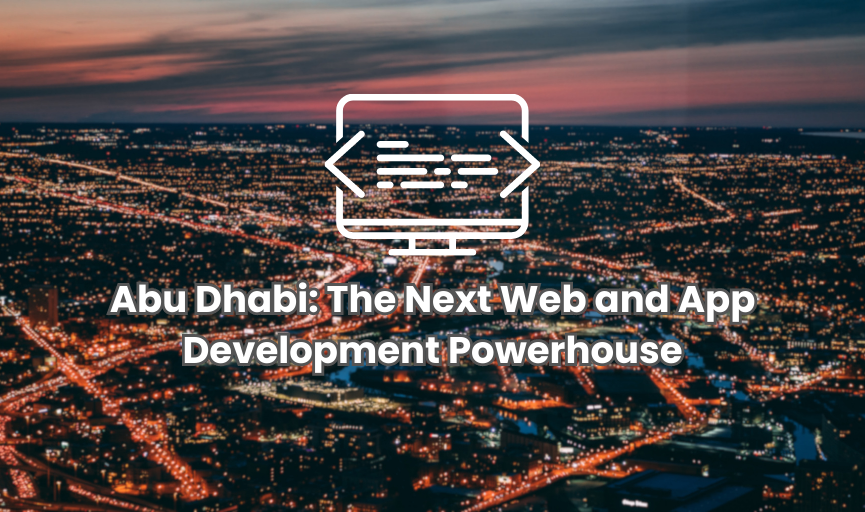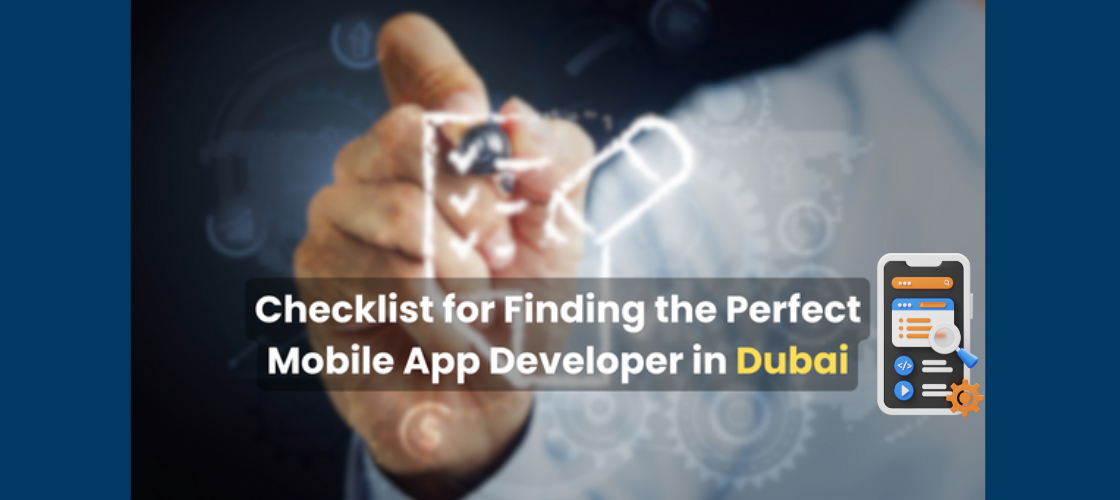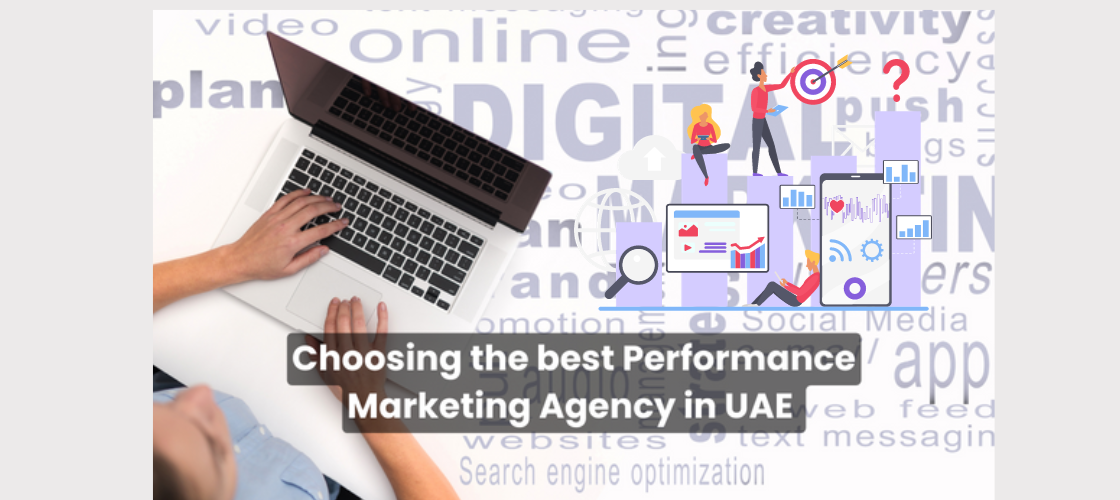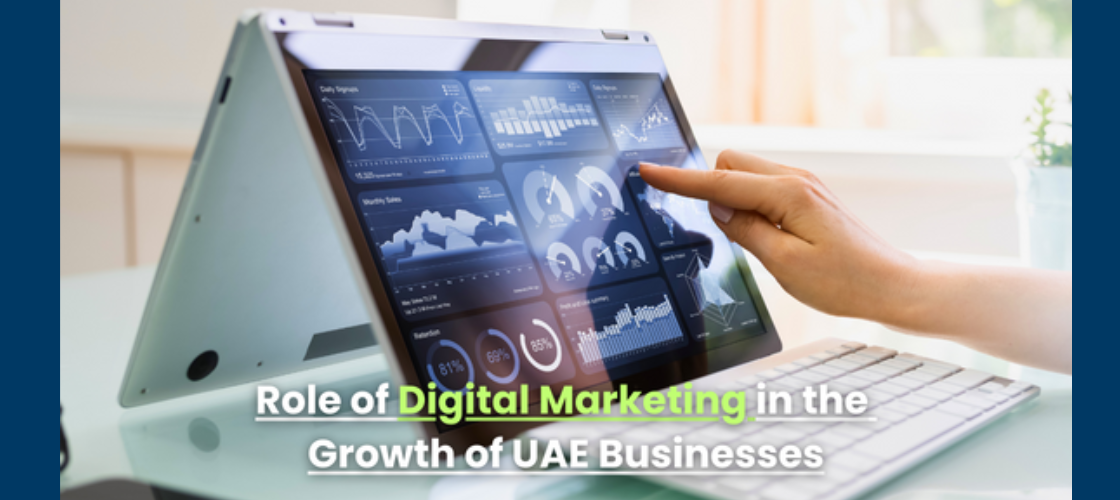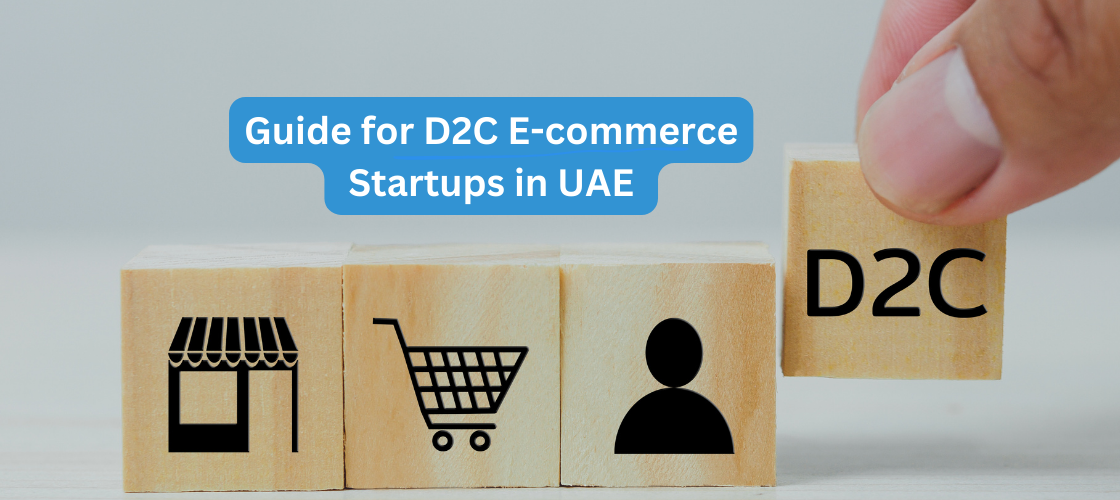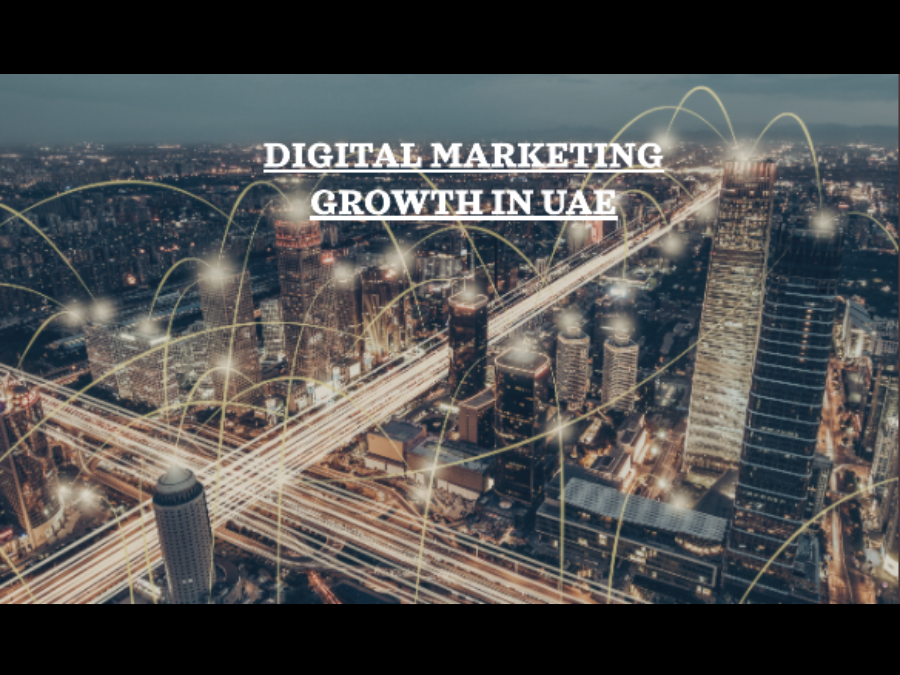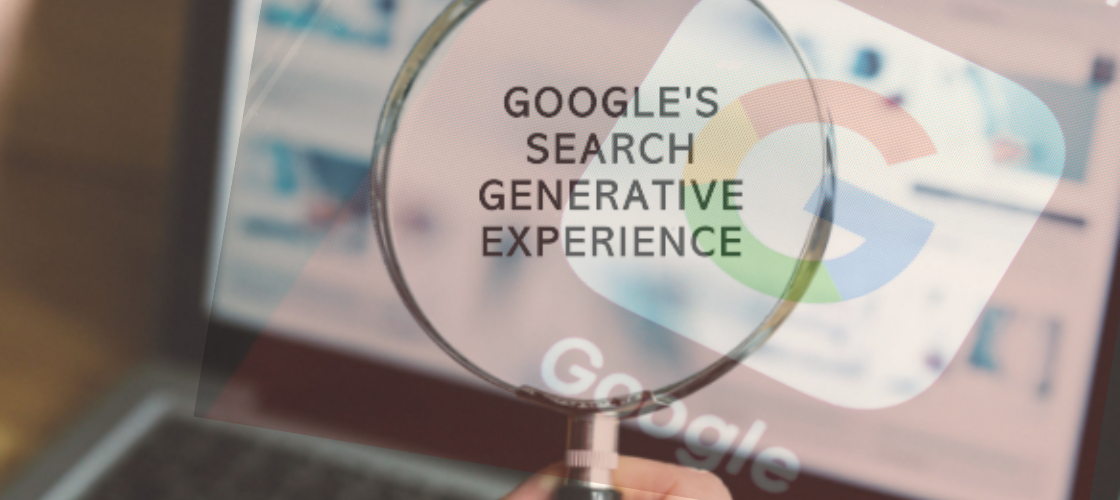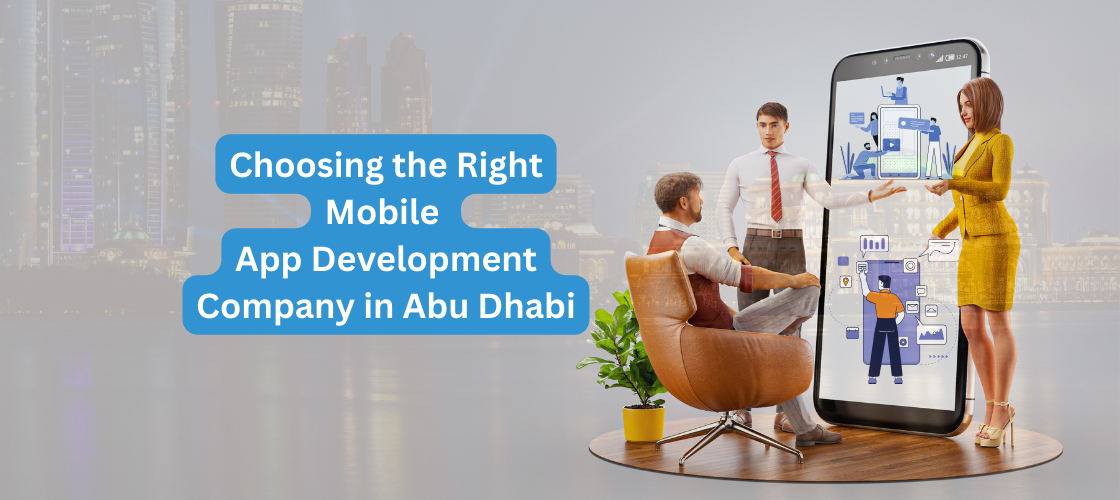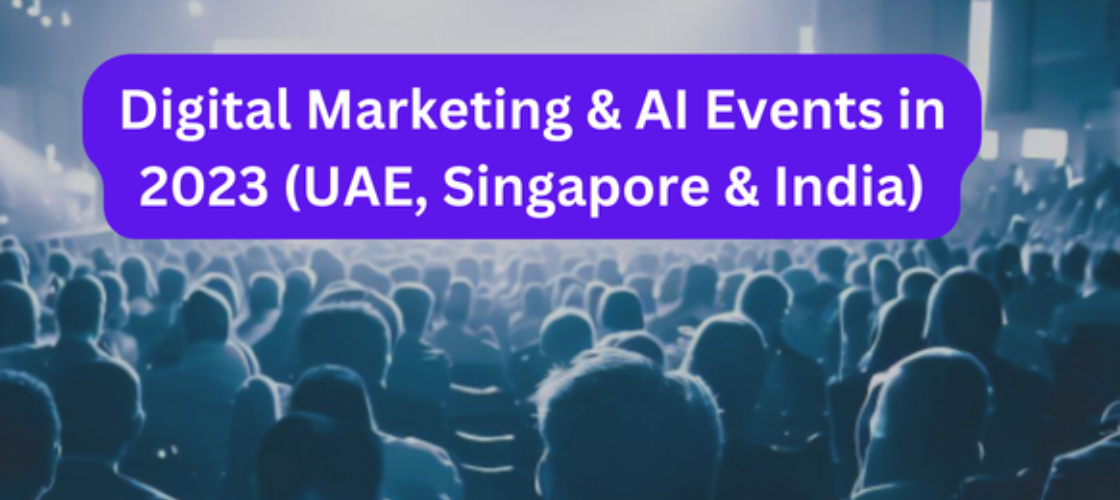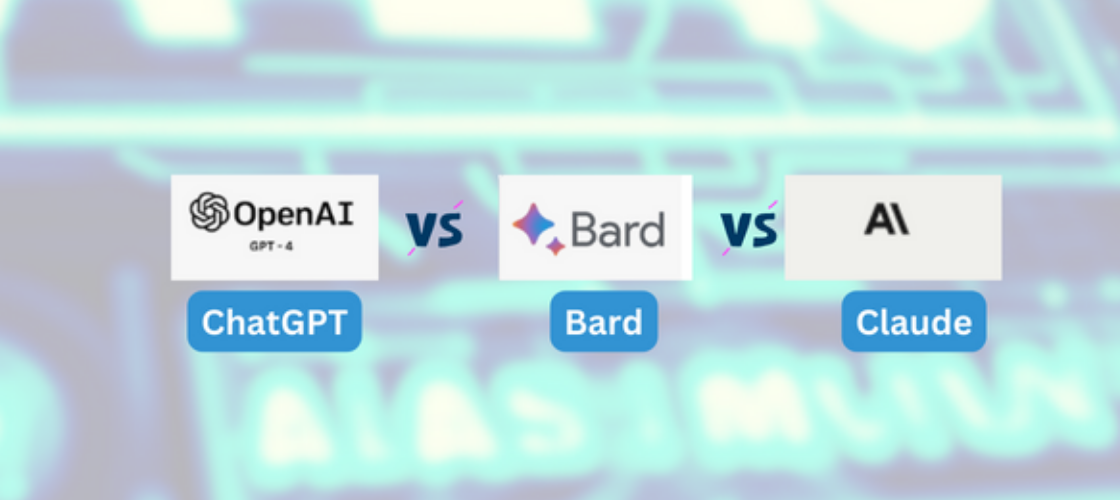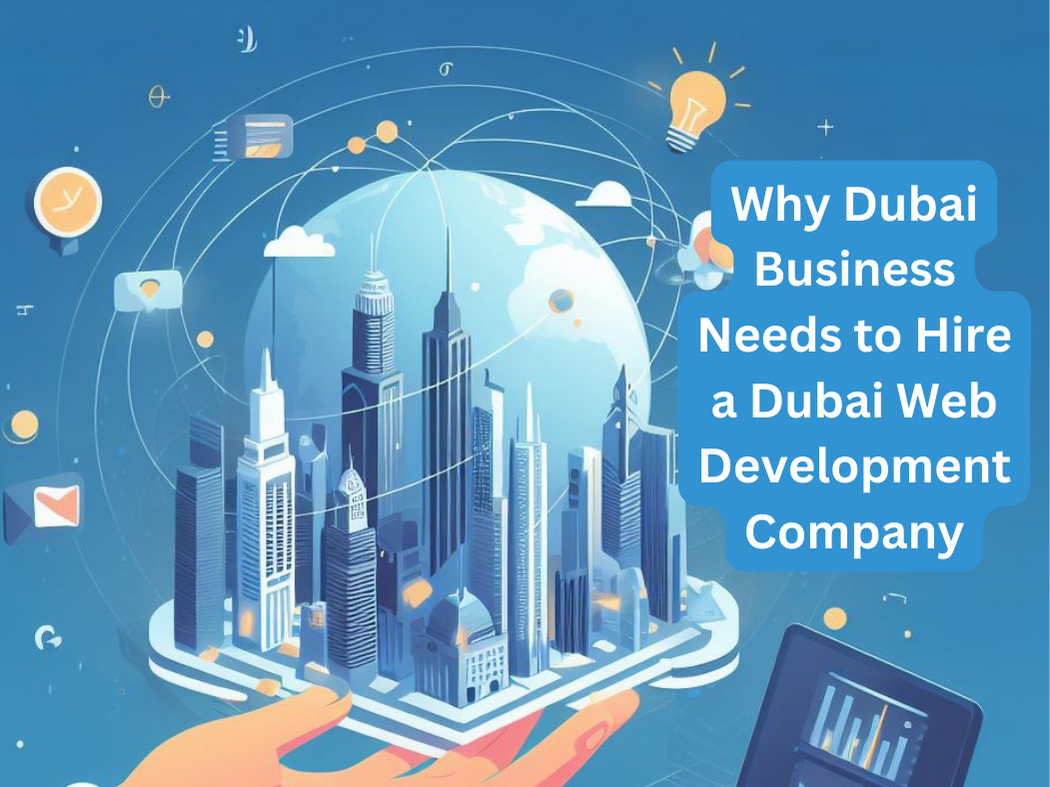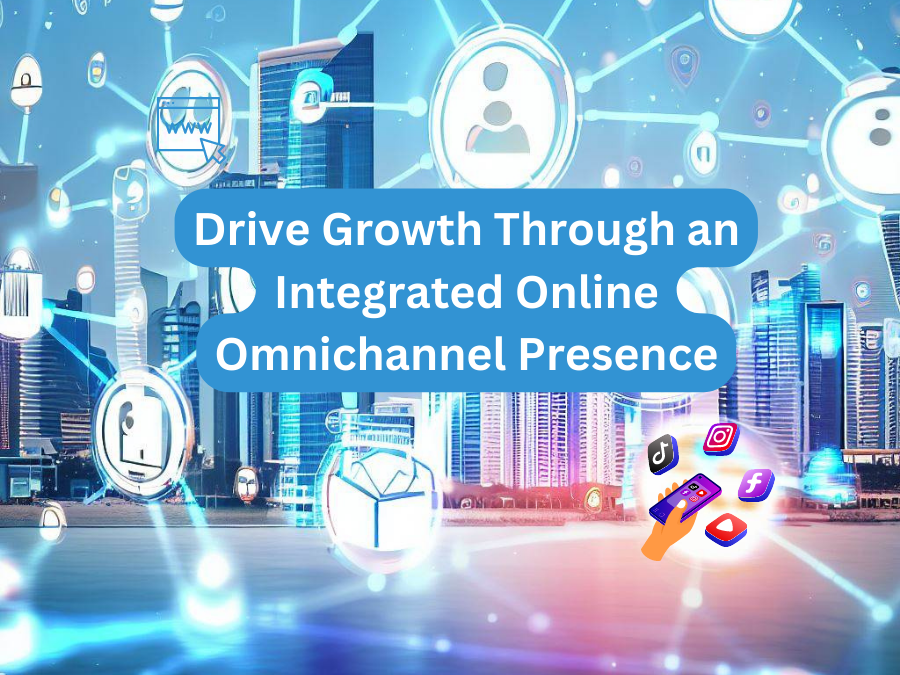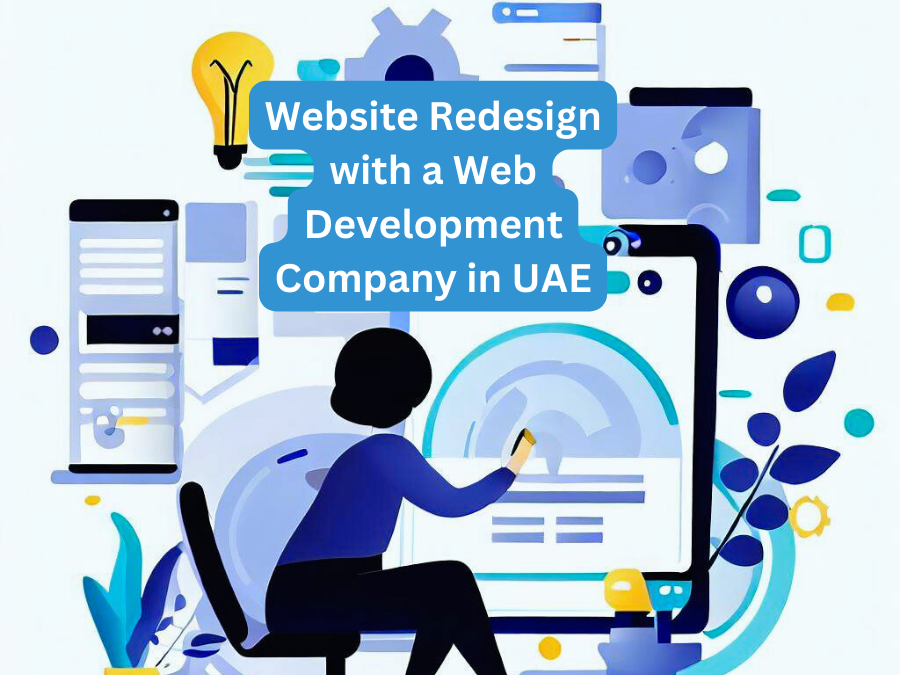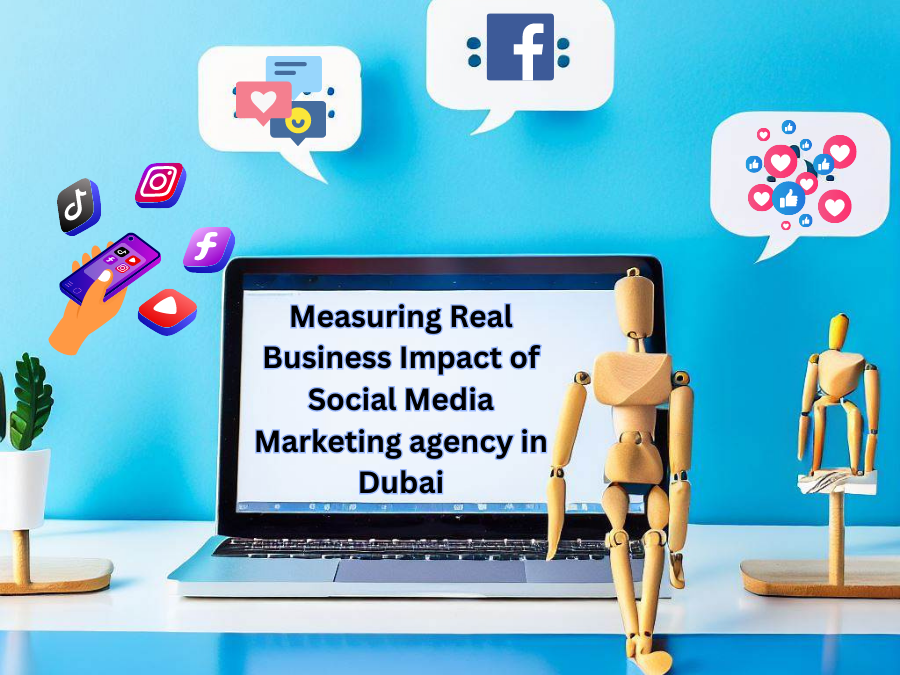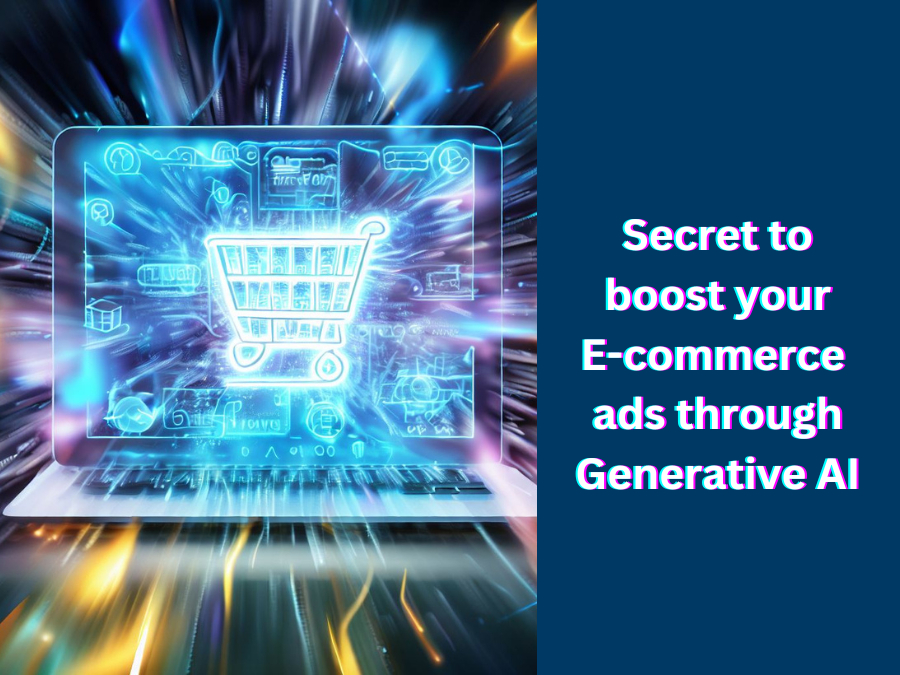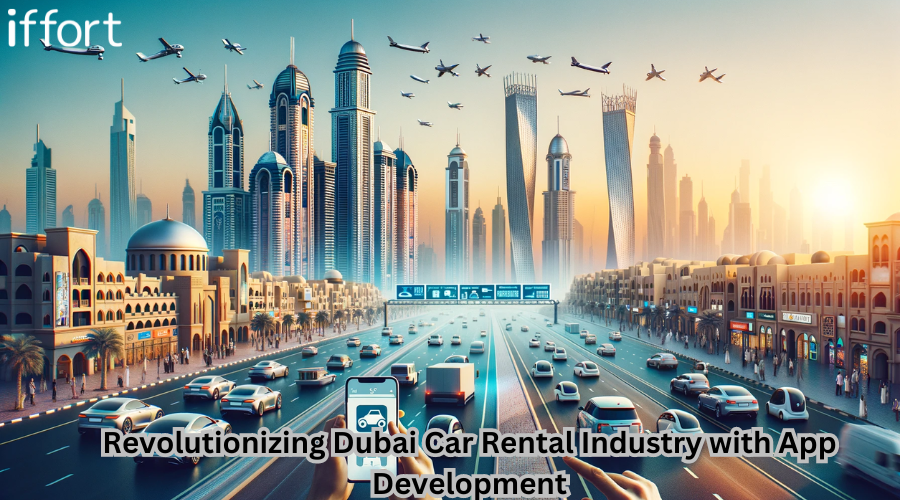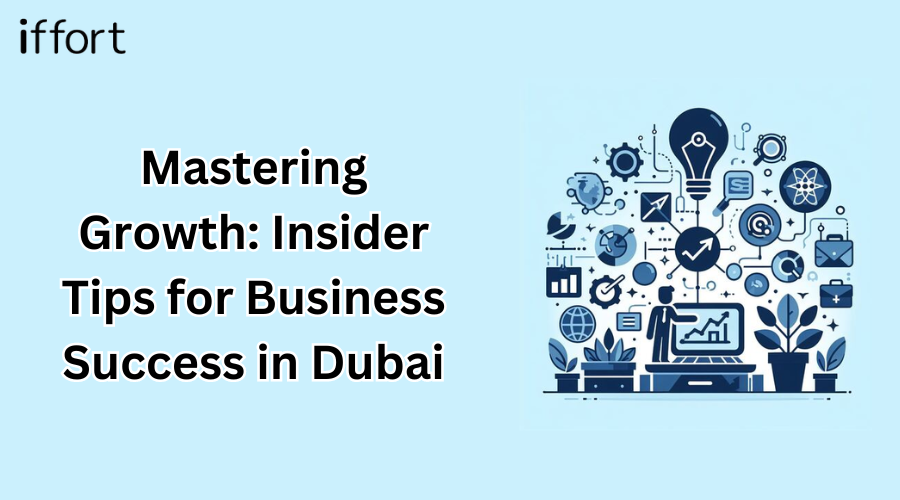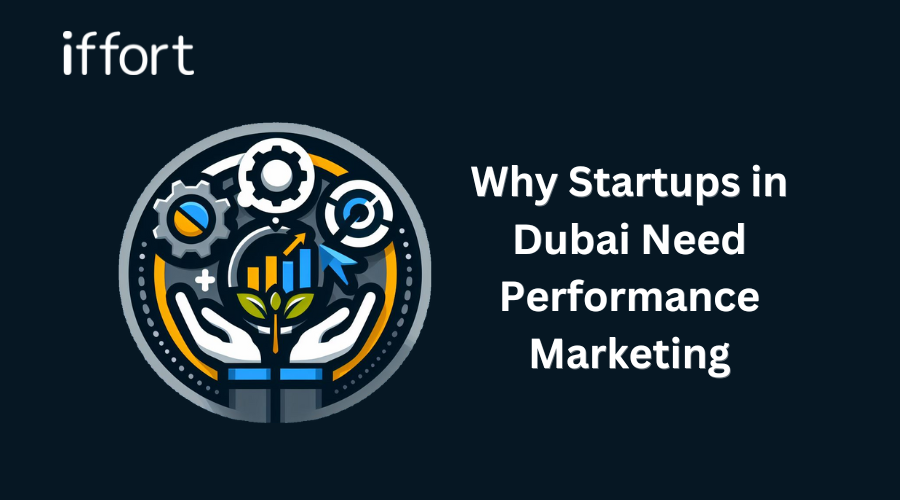In recent conversations surrounding artificial intelligence (AI), one particular interview with the CEO of Stability AI has sparked significant debate. Emad Mostaque, CEO and founder of the the company behind Stable Diffusion, the world’s most popular open-source image generators boldly claimed that programmers would become obsolete within the next five years, thanks to the disruptive power of generative AI.
Mostaque talks not only about the current status of the AI industry and his vision in an interview with Peter H. Diamandis for the Moonshots and Mindsets Podcast but also adds that, “By the end of next year, … you’ll have ChatGPT on your mobile phone without internet (connection).”
You can watch the interview here.
But is that a fact or a mere prediction?
While the advent of AI and its potential to transform industries is undeniable, at Iffort, we believe that human developers will continue to be indispensable in the business world. In this article, we will talk about reasons developers can breathe a sigh of relief.
The Power of AI: Enhancing Efficiency and Innovation
There is no denying that AI has revolutionized the way we approach coding. AI-based tools can generate and complete code, significantly boosting productivity and efficiency.
These tools automate repetitive tasks, freeing up developers’ time to focus on higher-level problem-solving. Additionally, AI can expedite the learning process by helping developers quickly grasp new languages and frameworks, enabling faster development cycles and innovation.
While the CEO’s claim may sound alarming, it is essential to critically examine the arguments presented. Let’s delve into the key points that help us understand why human developers will remain vital in an AI-dominated landscape.
Ability to see the larger picture
AI may assist with code generation, but human developers possess a deep understanding of code and system architecture. They bring a creative problem-solving approach to development, which AI cannot replicate. In addition to generating code, developers play a crucial role in eliciting user requirements, debugging, testing, and ensuring the overall quality of software engineering.
Experiment to go beyond tried and tested tools
AI tools like GitHub Copilot can be invaluable assets to developers. However, it is important to experiment and find the tools that best align with specific needs and workflows. AI is a fast-moving field, and developers should remain open to adopting new tools that emerge, adapting quickly to leverage the most efficient solutions.
Context matters just as much as information
While AI coding assistants can provide suggestions and generate code, human guidance is essential for clear and precise communication. Developers need to provide contextual information and prompt engineering to achieve accurate and relevant results. AI models should be treated as intelligent assistants, leveraging their knowledge within manageable chunks of information and code.
Oversee inaccuracies or vulnerabilities
Large language models, while powerful, have limitations. They can produce inaccuracies and even generate code with potential security vulnerabilities. Human developers play a vital role in reviewing and verifying code generated by AI tools, ensuring its correctness and adherence to best practices. Additionally, developers possess an understanding of common vulnerabilities, an awareness that becomes increasingly critical in a world where AI-generated code proliferates.
The irreplaceable triumvirate: Critical thinking, creativity and problem-solving
In light of the arguments presented, it is evident that human developers will continue to play an indispensable role in the coding landscape.
Their unique skills, including problem-solving, system design, and critical thinking, cannot be replaced by AI. Developers possess the adaptability to integrate AI into their workflow effectively, leveraging its benefits while mitigating risks.
The collaboration between AI and human developers holds immense potential. By embracing AI as a complementary resource, developers can enhance their capabilities, achieve greater productivity, and deliver innovative solutions. AI can augment human intelligence, allowing developers to focus on higher-value tasks, such as designing complex architectures and creating meaningful user experiences.
Furthermore, human developers deeply understand user needs and societal impact, which AI may need help comprehending. They can bridge the gap between technology and human experiences, ensuring that AI-driven solutions meet ethical and user-centric standards.
Conclusion
As the world embraces the transformative power of AI, it is crucial to recognize that human developers will remain an essential part of the coding landscape. While AI-based tools enhance efficiency and offer new possibilities, they cannot replace the creativity, problem-solving abilities, and critical thinking that human developers bring to the table.
Developers must continue to leverage AI as a powerful tool, integrating it into their workflow to drive innovation and achieve greater productivity. By staying grounded in foundational coding principles, adapting to new tools, and exercising critical thinking, developers can thrive in an AI-dominated era.
The future promises an exciting coexistence between AI and human developers, where collaboration and synergy lead to groundbreaking advancements. Embracing AI while recognizing the unique value of human expertise will shape a technological landscape that propels us forward into a future of limitless possibilities.
In this era of AI, let us remember that the most successful outcomes emerge from the fusion of human ingenuity and the capabilities of AI. Together, we can harness the power of technology to create a better and more inclusive world.
Iffort serves as the go-to partner for businesses seeking to responsibly and effectively implement AI in marketing. Our dedication to innovation and expertise, positions organisations at the forefront of the future. Join forces with Iffort, and together, lets’s push the boundaries even further.

